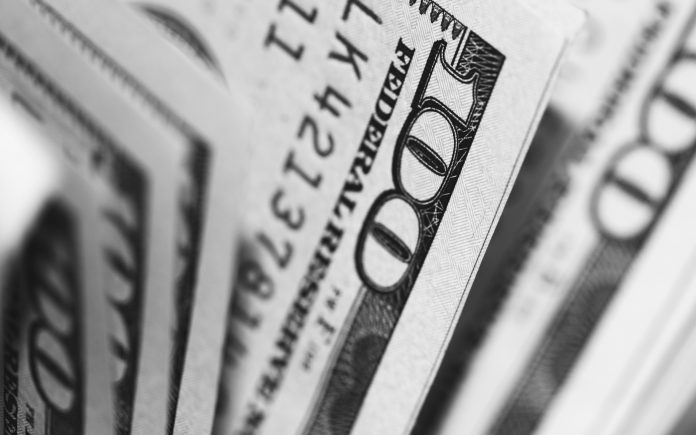In today’s society you will never know what is going to happen. What would happen to you if a pandemic happened and you lost your job? Would you be able to survive?
How would you pay your bills? Would you exhaust your funds? Or would you use your credit cards till you are up to your eyeballs in debt?
That’s why you need an Emergency Fund! Some call it a nest egg. This is one thing most people disregard in managing their personal finances.
As you can see, without one you could wind up in some hot water. So that’s why I am going to discuss this today. After this, you will have all the tools and be ready to start one today!
What is an Emergency Fund?
It’s money that you save up for when something unexpected happens. You know that phrase, “Expect the unexpected”? Well this is what it’s for!
Here are some reasons you may need an emergency fund:
- Loss of a job
- If you don’t have health insurance and have a medical expense
- If you have a car and need a repair
- If you own a home and something comes up you have to fix
As stated, an emergency is an emergency. It doesn’t mean treating yourself. It’s there to cover essential bills and prevent you from accruing debt.
Should you have an emergency fund if you are in debt?
Some of you may be asking this question. The answer? That’s a definite YES!
Regardless of if you are in debt, you should always have an emergency fund. How much? The average amount suggested is at least $1000.
After you save $1,000, then start working on getting out of debt. Debt is something that takes time to get out of. The emergency fund is to prevent you from going further in!
How much should your emergency fund be?
This question varies depending on your situation. There is no specific number in general. The typical suggestion is 3-6 months of your actual expenses.
Things you should consider when thinking about how much to save up:
- Your job security
- You income compared to your actual expenses
- If you own a house or car
- Your personal health
The more “risks” you have, the larger it should be. You never know when your air conditioning unit will go out during the summer. What about if your car breaks down? In this current day what if you got COVID-19 and didn’t have insurance?
A good starting number is $500. Next, save up to $1000. This number may not seem big, but remember some is better than none!
Where should you keep your Emergency Fund?
The purpose of an emergency fund is to be there to get when you need it fast. So that means to be in a place that you can get to it quickly. This doesn’t mean your sock drawer is necessary.
You want to be able to get it quick and not lose money for getting access to it. Do not have it in the stock market. Put it in a savings account! At least that way you can get some interest in it over time, assuming you don’t need to access it immediately.
The other side of this coin is you do not want to be able to grab it that easy. If it’s out of sight it will be out of mind. Keep it in a separate account you can’t access over your bank app.
Can you use your credit card as an Emergency Fund?
This is a legit question. I mean the purpose of an emergency fund is not to add debt. The point is to not have to pay anything back.
Having a separate credit card or debit card linked to your Emergency Fund account is a good idea though. Having a credit card designated as a backup is not a bad idea though.
How can I save up money for an emergency fund?
Here are some ways you can save up for your emergency fund:
- Use your tax refund
- If you are receiving a stimulus check use that if you are still working
- Set aside a percentage from your paycheck
- Use savings apps like Acorn
- Save $20 a week, or whatever amount you can and put it away
- Set up a budget and see what you can cut out
If you are just starting to make one, it may seem like a large task. Remember it all adds up. The sooner you start the sooner you’ll see the growth. $10 dollars a week will still add up to $520 dollars your first year! Who knows? Once you see the growth you’ll start saving more weekly.
I hope this has helped you and you enjoyed it. Till, next time!


























